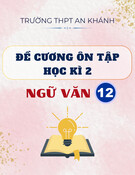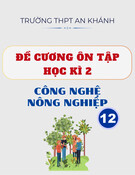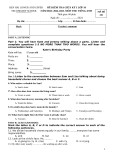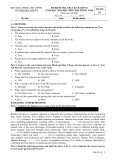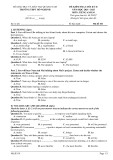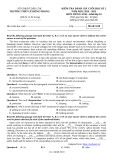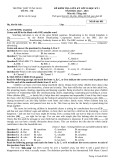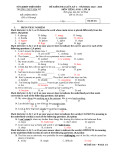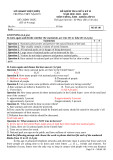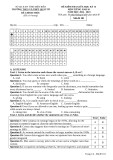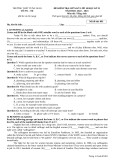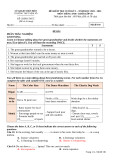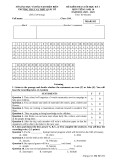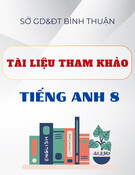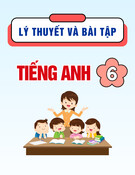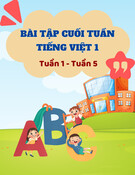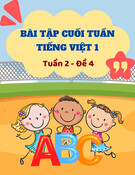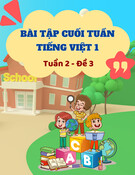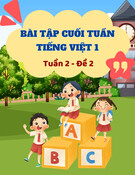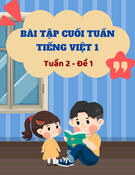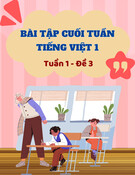
22. Air pollution is a ___________ problem in many major cities.
A. practical B. global C. serious D. endangered
23. Thousands of acres of forest are being cut down every year and the _of many animals are being destroyed.
A. natural resources B. natural habitats C. ways of life D. living surroundings
24. The organisation focuses _______protecting the natural habitats of rare animals.
A. in B. for C. to D. on
25. The council has _____________ ideas to help manage traffic.
A. come up with B. taken part in C. made up with D. raised awareness of
26. Ba said he__________ some good marks the semester before.
A. gets B. got C. had gotten D. have got
27. They told their parents that they___________ their best to do the test.
A. try B. will try C. are trying D. would try
28. She asked me where I___________ from.
A. come B. coming C. to come D. came
29. I wouldn't go there at night if I ____ you
A. am B. have been C. were D. had been
30. I asked Martha __________ to enter law school.
A. are you planning B. is she planning C. was she planning D. if she was planning
31. We can help local artists _________a profit by buying handmade arts and crafts
A. do B. get C. make D. take
32. Many tourists are not __________ of the impact of their actions on the local community.
A. critical B. aware C. practical D. profitable
33. One of the benefits of __________ is that it creates job opportunities for local people.
A. mass tourism B. ecotourism C. sustainable tourism D. responsible tourism
34. Tourists are not allowed to ___________ in the park.
A. litter B. rubbish C. garbage D. waste
35. When eco-tourists ___________ a place, they also enjoy learning about the culture there.
A. find B. explore C. discover D. invent
IV. Complete the following sentences with the correct forms of the words in capitals
1. Animals should be kept in their habitats. (NATURE)
2. Habitats of animals are damaged by human activities. (DANGER)
3. The presentation focused on protection and climate change. (ENVIRONMENT)
4. Class _____________ is a main feature of modern schools. (DISCUSS)
5. To entertain ______________, we have to change our usual foods to suit their tastes or adapt dances and
traditions to suit their needs. (TOUR)
V. Mark the letter A, B, C, or D to indicate the word(s) CLOSEST in meaning to the underlined
word(s) in each of the following questions.
1. They are also well-known for the coconut palms near the Thu Bon River and traditional crafts such as
colourful paper lanterns.
A. famous B. excited C. mass D. local
2. A sustainable forest is a forest where trees that are cut are replanted and the wildlife is protected.
A. pre-tested B. preserved C. reserved D. protested
3. My friend said she would take part in a go-green event the following week.
A. participate in B. look after C. get on with D. carry out
4. Many schools provide environmental education to increase students' awareness of conservation needs.
A. effort B. benefit C. exploitation D. knowledge
5. Life on Earth is disappearing fast and will continue to do so unless urgent action is taken.
A. vanishing B. damaging C. polluting D. destroying
VI. Mark the letter A, B, C, or D to indicate the word(s) OPPOSITE in meaning to the underlined word(s)
in each of the following questions.
1. In my country, it is compulsory to go to school between the ages of five and sixteen.
A. necessary B. essential C. optional D. selective
2. Do you think that you pay enough attention in class? What have I been talking about?
A. neglect B. care C. notice D. consideration
3. Being able to use computers and the Internet can lead to an improved quality of life.
A increased B. enhanced C. promoted D. deteriorated








